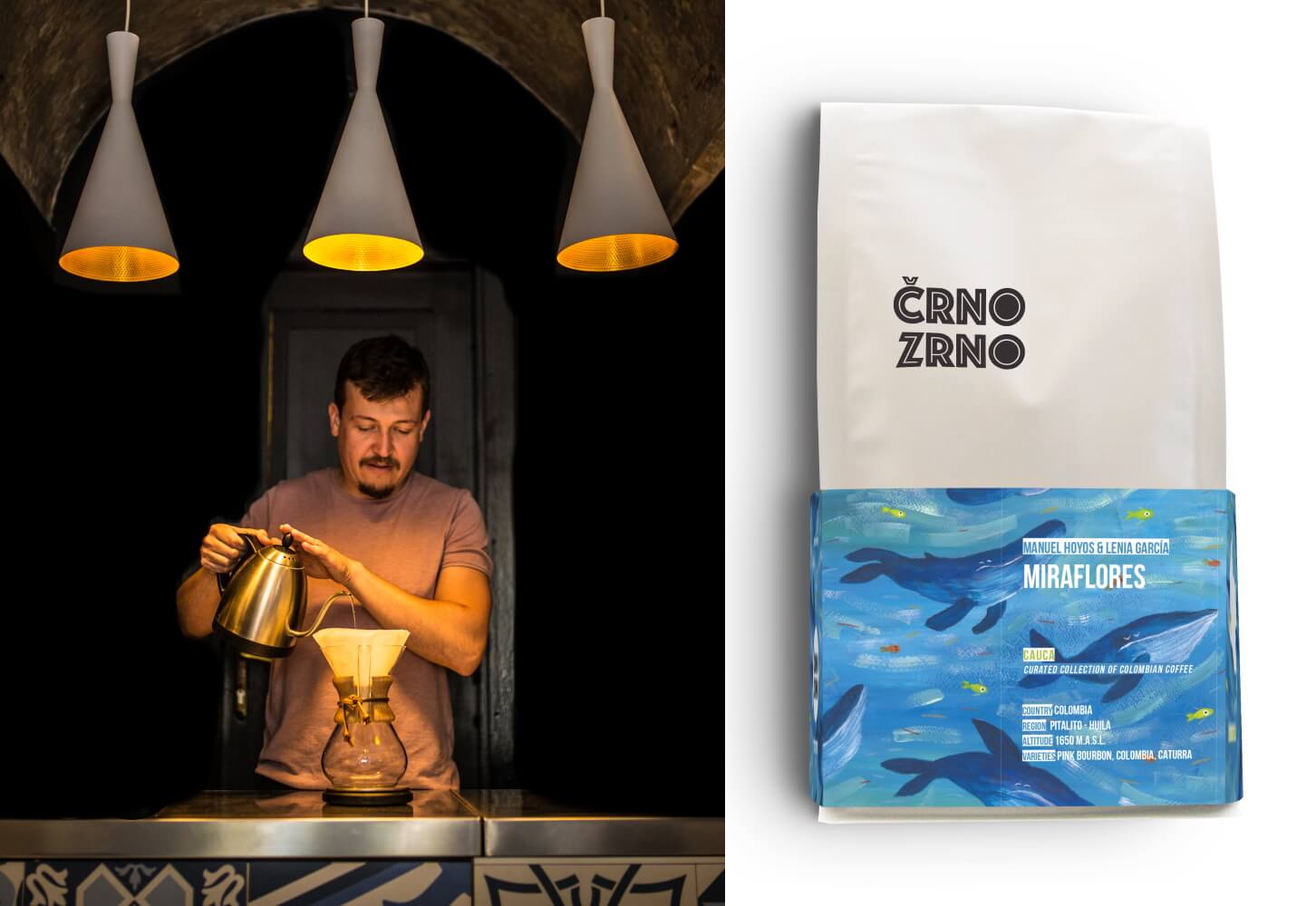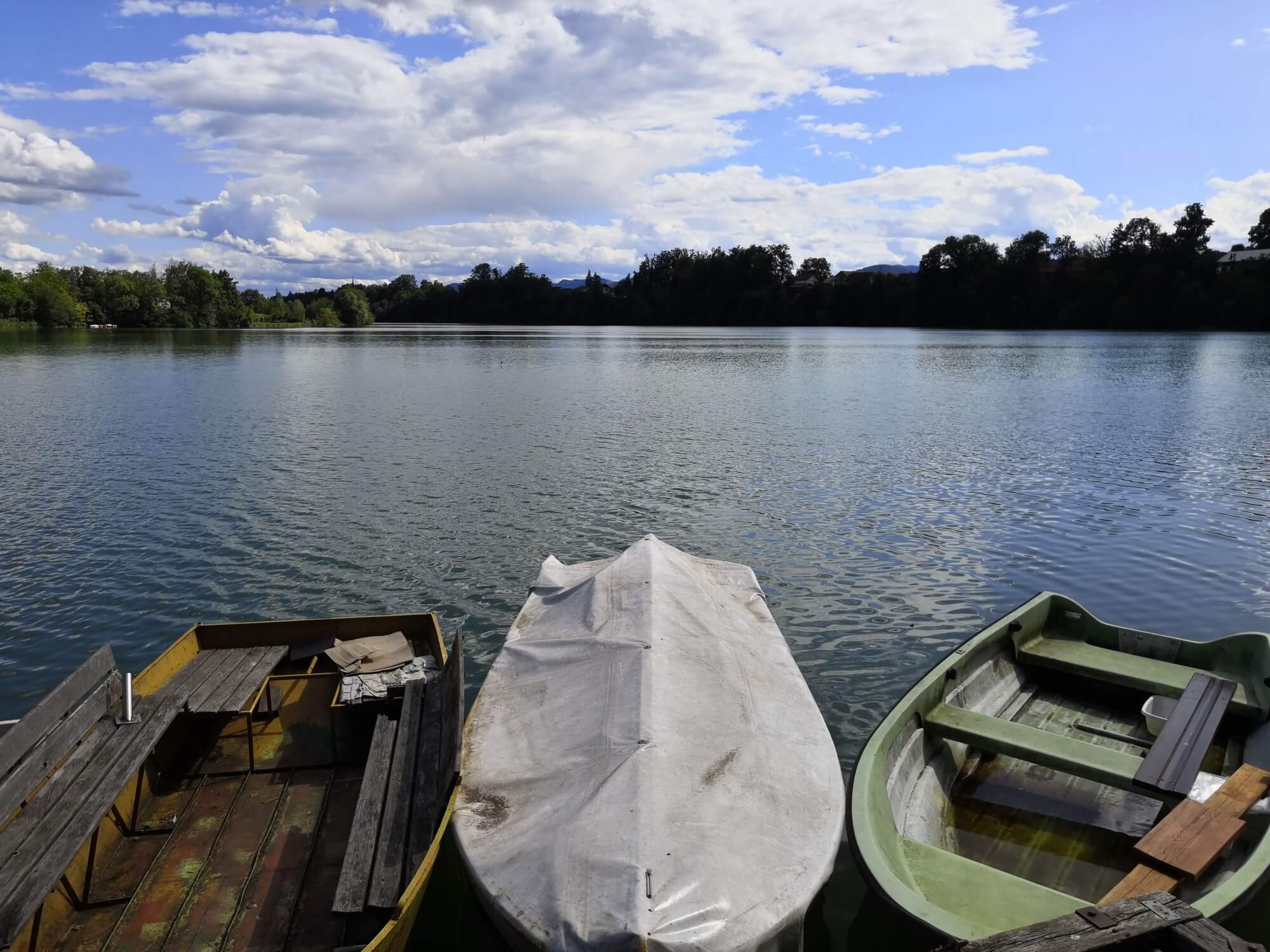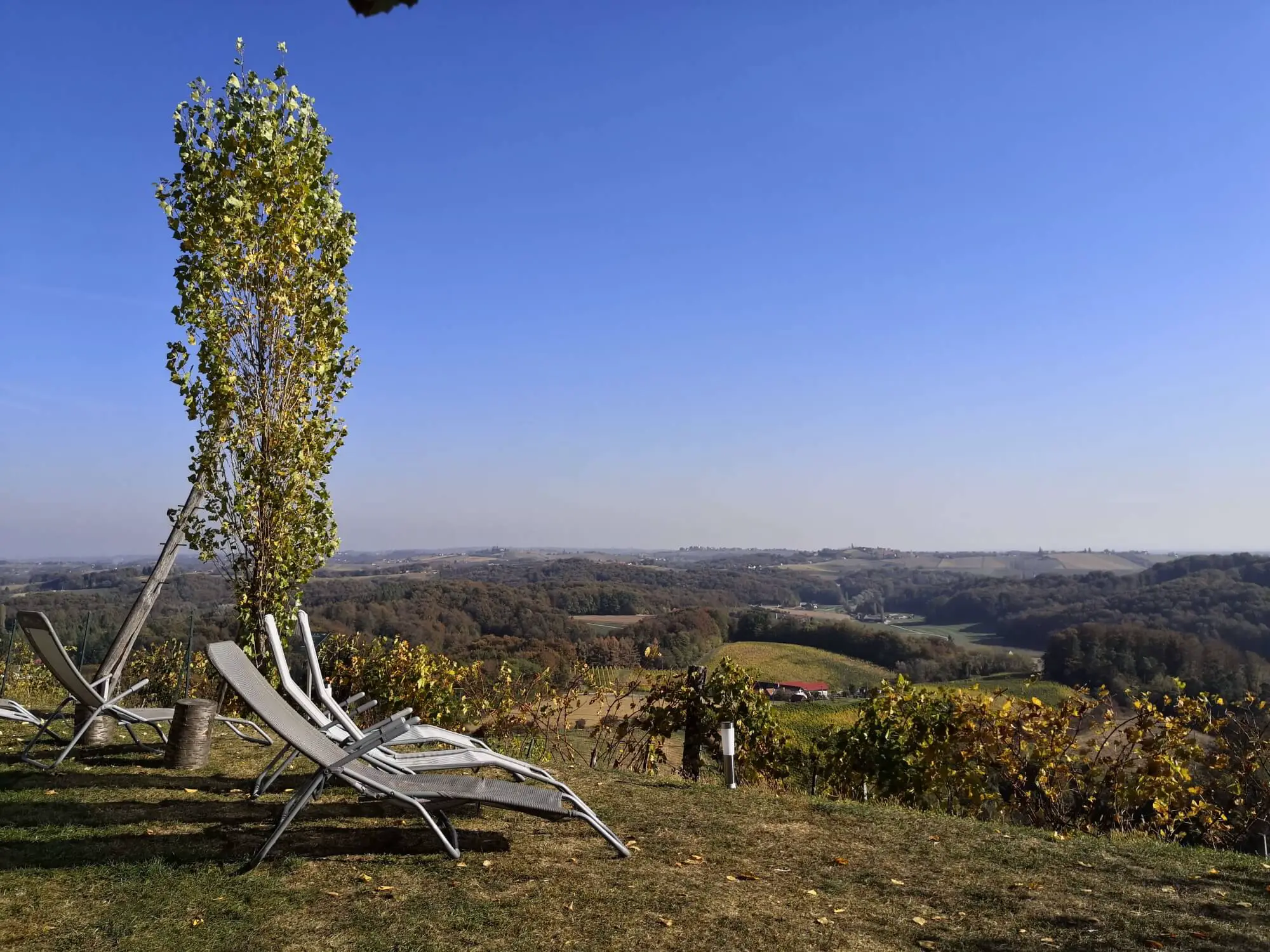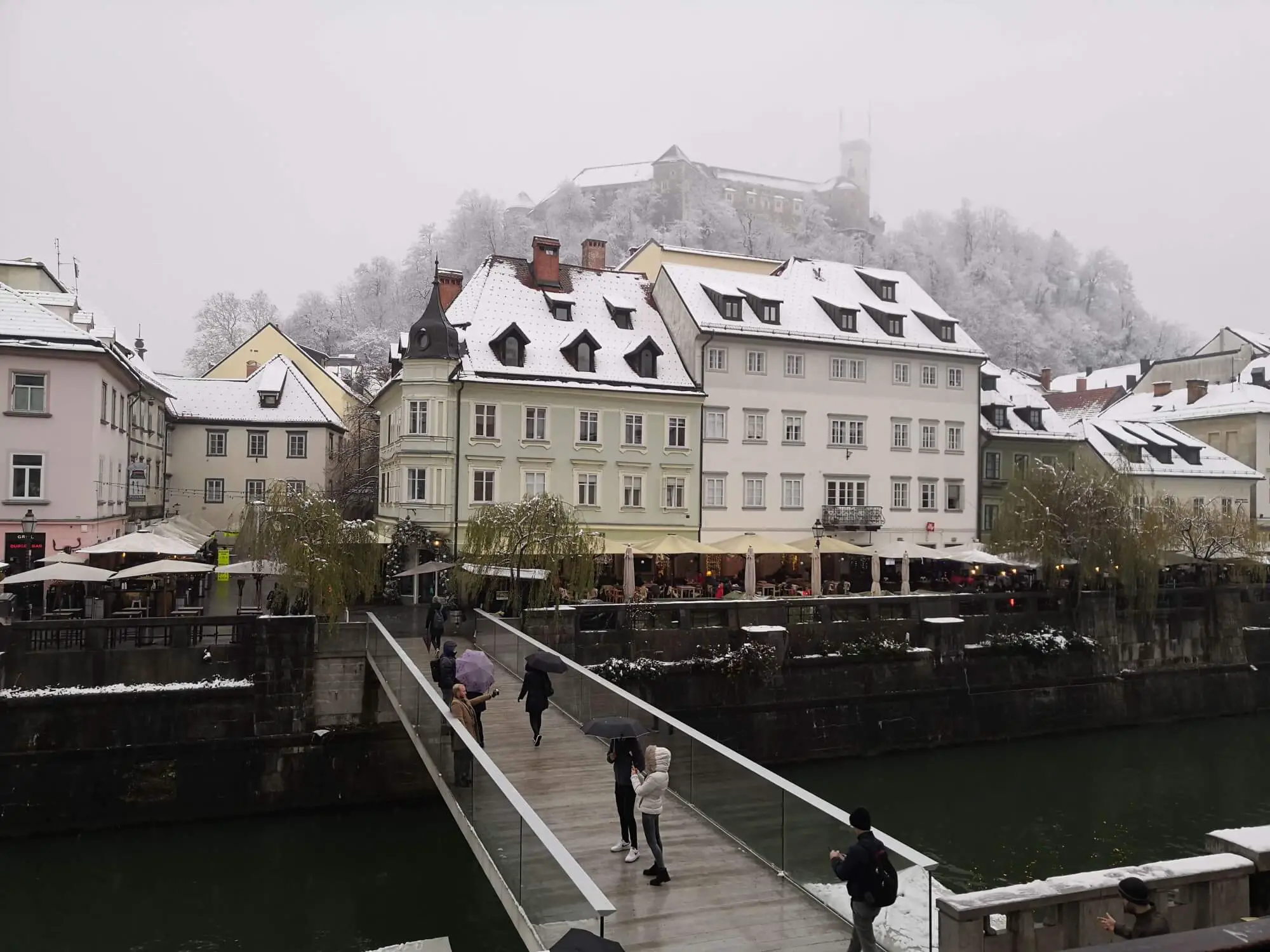All our stories on coronavirus are here, while those covering covid-19 and Croatia are here. We'll have an update at the end of the day, and if you want newsflashes then we'll post those on Facebook
We can’t have pictures of COVID-19 every day. So instead we’ll try and show the works of Slovenian artists. Today it’s Aleksander Sandi. You can see more of his work here.
Contents
Five new Covid-19 deaths confirmed, death toll up to 50
Persons entering Slovenia to be quarantined for a week as of Sunday
Report: EUR 900m in aid available in second stimulus package
If you're curious how some foreigners in Slovenia are experiencing the crisis, you can find a series of stories here
STA, 11 April 2020 - Another five Covid-19 patients died on Friday to bring the death toll related to the coronavirus epidemic to 50. Another 1,232 tests were performed yesterday and 28 new infections confirmed, bringing the number of confirmed cases to 1,188, show the latest government figures.
A total of 94 Covid-19 patients were in Slovenian hospitals yesterday, 12 fewer than on Thursday. The number of patients who require intensive care was meanwhile up by one to 37.
A total of 11 persons were released from hospital care on Friday, bringing the overall number to 148.
Back to the contents
Back to the contents
STA, 11 April 2020 - Persons entering Slovenia as of Sunday will be subjected to a week-long quarantine at home or at a location agreed with the civil defence, and then tested for the new coronavirus, says a government decree which shortens such quarantine from two weeks. Cross-border workers, cargo vehicle drivers and transit passengers will be excluded.
Under the decree, if a person declines to be tested after a seven-day quarantine or if test cannot be performed, the quarantine will be automatically extended for a week.
If the test is negative, the quarantine ends, but the person will need to immediately inform the health authorities about possible Covid-19 symptoms. This also applies for the duration of the quarantine.
If the test is positive, the person will be treated under the standard procedure for such cases. The quarantine will also be extended if the results are not available on the day of the testing, but only until the results are known.
Persons who have permanent or temporary residence in Slovenia will be quarantined at home or, if this is not possible, at a location agreed with the civil defence. They will have to cover the costs of the quarantine.
Persons who do not have permanent or temporary residence in Slovenia will need to provide an address where they will be accommodated and quarantined, otherwise they will not be allowed to enter the country.
Foreigners who are coming to Slovenia to work will be ordered quarantine at the address stated by the employer, which they will need to prove at the border.
Employers will need to provide foreign workers with adequate conditions for the quarantine, as well as with food and security. Their accommodation must meet the recommendations issued by the National Public Health Institute (NIJZ).
Slovenian citizens who state that they are infected or that they have apparent symptoms of Covid-19 upon entering Slovenia will be instructed to immediately contact the health authorities. Foreigners will not be allowed the enter the country in such cases.
The decree does not apply to cross-border daily migrant workers and weekly migrant workers who work in Austria, and for persons attending a funeral of a close relative in a neighbouring country.
Also excluded are drivers of cargo vehicles who transport goods to and from Slovenia or across Slovenia, persons who will travel through Slovenia in a single day, and persons who possess diplomatic passports.
The measure does not apply to persons providing urgent services, members of rescue and protection services, health workers, police officers, firefighters and persons participating in humanitarian convoys.
Also excluded are citizens of Slovenia, Austria, Italy and Hungary who own or lease land plots located on both sides of the border and who perform agricultural work on such land.
Head of the Koper unit of the NIJZ Milan Krek told the press today that the current measures had prevented a steep increase in the number of infected persons, which would overburden the healthcare system and cause excessive number of deaths.
He added that Slovenia had been handling the epidemic very well, much better that many countries, but that the situation was not stable yet and that people should stick to the expert recommendations.
"We need to hold on for a few more days in order to stabilise and ease the epidemic," Krek said, adding that it was risky to soften the restrictions before the epidemic was stabilised.
Back to the contents
STA, 11 April 2020 - The government met on Saturday in Brdo pri Kranju to discuss guidelines for additional measures to mitigate the effect of the coronavirus epidemic on the economy. The public broadcaster TV Slovenija has reported that the package will include EUR 900 million in loans, guarantees and guarantee schemes.
The second stimulus package looks to ensure liquidity of the economy and features necessary corrections and amendments to the first, EUR 3 billion package, passed on 2 April.
TV Slovenija reported late on Friday that the measures had already been drafted, saying that companies would have EUR 900 million on their disposal in the form of loans, guarantees and guarantee schemes.
The package reportedly includes quick and favourable loans secured with state guarantees, and loan guarantee schemes intended for boosting liquidity, provided by the SID Banka bank, the Slovenian Enterprise Fund and the Regional Development Fund.
SID Banka has also proposed that a new fund worth EUR 1 billion be established to tackle liquidity issues, the public broadcaster said.
Measures to help the tourism sector, which has been severely affected by the pandemic, would reportedly be in force until the end of the year. One of the proposed measures is deferral of refunds to passengers and guests in relation to cancelled trips.
According to the unofficial proposal, tourism and hospitality companies will have more than EUR 100 million in favourable loans.
What is more, the state is to help businesses pay rent for commercial premises by subsidising up to 70% of the amount or enabling them to defer rent payment.
According to TV Slovenija, the timetable sets the deadline for the passage of the second package at 30 April.
Prime Minister Janez Janša said in a video address after the session that the government had been acquainted with relevant reports from the five task forces and decided to put all measures for securing liquidity of the economy into one package.
The measures will start to be prepared immediately after Easter holidays, and the government will be able to discuss it together with amendments to the first package on 20 or 21 April, he added.
"No vulnerable group will be excluded," Janša, said, adding that due to the complexity of the matter, specific legislative projects had been divided into three parts.
One of them is amending the infectious diseases act, one of the basic legal tools to fight the epidemic, as it has been established that it needs several changes and amendments and that some provisions are outdated.
The Ministry of Health has been tasked to draft changes by the end of next week, Janša said, adding that some of the provisions would be changed based on the experience gained in the fight with the coronavirus epidemic.
Back to the contents











